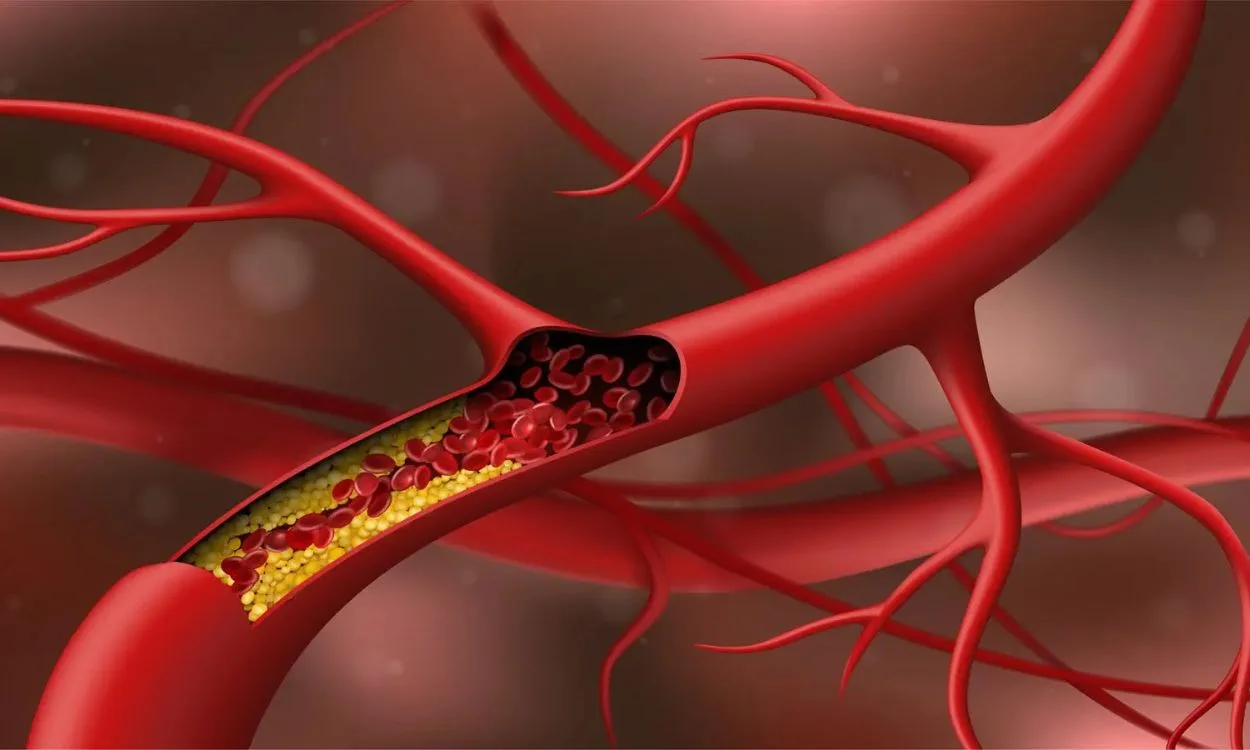What is Cholesterol and Why is it Important?
Introduction
Cholesterol is a waxy, fat-like substance that is found in every cell of our body. It is produced by the liver and also obtained from certain foods we eat. While cholesterol is often associated with negative connotations, it is actually an essential component for the proper functioning of our body. In this article, we will explore what cholesterol is, its role in the body, and why it is important to maintain a balance in cholesterol levels.
Understanding Cholesterol
Cholesterol plays several vital roles in our body. It is responsible for the production of hormones, vitamin D, and bile acids that aid in digestion. Additionally, cholesterol is a crucial component of cell membranes and helps in the production of certain types of neurotransmitters. However, it is important to note that not all cholesterol is the same.
Types of Cholesterol
- Low-Density Lipoprotein (LDL): LDL cholesterol is often referred to as “bad” cholesterol. This is because high levels of LDL can lead to the buildup of plaque in the arteries, increasing the risk of heart disease and stroke.
- High-Density Lipoprotein (HDL): HDL cholesterol is commonly known as “good” cholesterol. It helps to remove LDL cholesterol from the bloodstream and transport it back to the liver where it can be broken down and eliminated from the body.
- Triglycerides: Triglycerides are another type of fat found in the blood. High levels of triglycerides are associated with an increased risk of heart disease.
Importance of Cholesterol
Now that we understand the different types of cholesterol, let’s explore why maintaining a healthy cholesterol level is important.
- Heart Health: High levels of LDL cholesterol can lead to the accumulation of plaque in the arteries, causing them to narrow and harden. This condition, known as atherosclerosis, increases the risk of heart disease and can lead to heart attacks or strokes.
- Brain Function: Cholesterol is essential for the proper functioning of the brain. It is involved in the formation and maintenance of brain cells and the production of neurotransmitters. Imbalances in cholesterol levels can impact cognitive function and increase the risk of neurological disorders.
- Hormone Production: Cholesterol is a precursor to the production of various hormones in the body, including estrogen, testosterone, and cortisol. These hormones play a crucial role in regulating various bodily functions and maintaining overall health.
- Vitamin D Synthesis: Cholesterol is required for the synthesis of vitamin D in the body. Vitamin D is essential for the absorption of calcium and phosphorus, which are necessary for healthy bones and teeth.
Managing Cholesterol Levels
To maintain healthy cholesterol levels, it is important to adopt lifestyle habits that promote heart health. Here are some tips:
- Eat a Balanced Diet: Incorporate foods that are low in saturated and trans fats, and high in fiber. Include sources of healthy fats such as avocados, nuts, and olive oil. Consume fruits, vegetables, and whole grains rich in antioxidants and fiber.
- Regular Physical Activity: Engaging in regular exercise can help increase HDL cholesterol levels and improve overall cardiovascular health. Aim for at least 150 minutes of moderate-intensity aerobic activity or 75 minutes of vigorous-intensity aerobic activity per week.
- Maintain a Healthy Weight: Being overweight or obese can increase LDL cholesterol levels and contribute to the development of heart disease. Maintain a healthy weight through a combination of balanced diet and regular exercise.
- Avoid Smoking and Limit Alcohol Consumption: Smoking damages blood vessels and lowers HDL cholesterol levels. Excessive alcohol consumption can also contribute to high cholesterol levels and heart disease.
Fitpaa: Your Partner in Health
If you are looking for personalized guidance and support to manage your cholesterol levels and achieve your health and fitness goals, Fitpaa is here to help. Our team of experts, including nutritionists, fitness coaches, and doctors, can provide you with a personalized Fitpaa Capsule based on your metabolism, health goals, and current lifestyle. Our AI-driven technology and real-time guidance will assist you in making sustainable lifestyle changes to optimize your cholesterol levels and improve your overall well-being.
Take the first step towards a healthier future by downloading the Fitpaa app today. Together, we can help you achieve your health and fitness goals with guaranteed results. Your well-being is our mission!









